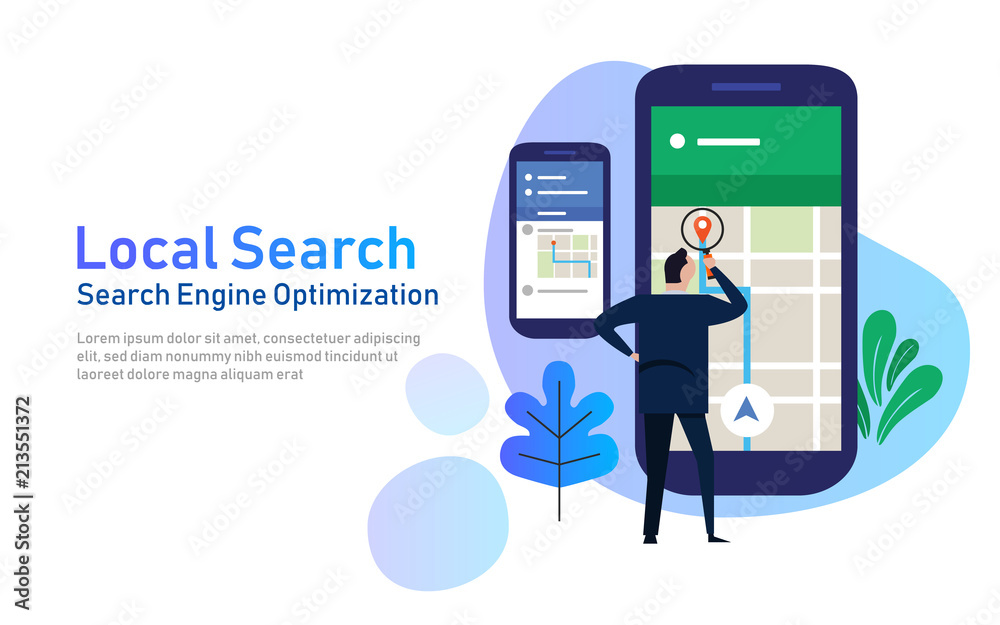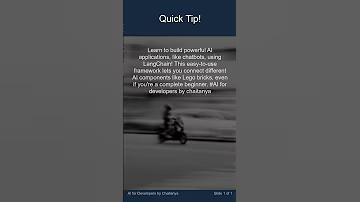Introduction: Cracking the SEO Code for Small Businesses
The SEO landscape is more complex than ever. With search engine algorithms evolving rapidly and AI-generated content flooding the web, small business owners face a daunting task: how to stand out and win quality traffic. While enterprise players may have deep pockets and insider know-how, small businesses can still thrive by focusing on what truly moves the needle—backlinks, reviews, and consistency. This guide dives deep into the real pain points and reveals practical SEO strategies you can apply today.
The Reality of SEO Algorithms: Why the Game Feels Rigged

Unpredictable Updates & Limited Transparency
- Search engines like Google rarely disclose their exact ranking factors or algorithm updates.
- Small businesses often feel left in the dark, while established brands seem to weather algorithm storms with less disruption.
"SEO is like playing chess with an opponent who keeps changing the rules—and never tells you why."
The Challenge of Competing with Mass-Produced AI Content
- AI tools have made it easy for anyone to generate content at scale.
- This has led to content saturation, making it harder for genuine small businesses to earn visibility.
Why Small Businesses Struggle
- Limited resources for technical SEO, content, and outreach.
- Difficulty earning authoritative backlinks without an established brand.
- Less time to adapt to changing best practices.
3 Essential SEO Levers for Small Business Success
1. Building Authoritative Backlinks
Backlinks remain a critical ranking factor. They signal trust and authority to search engines, but they're notoriously hard for small businesses to earn.
Actionable Tips for Backlink Growth:
- Leverage Partnerships: Collaborate with local businesses, industry associations, and community organizations for mutual mention.
- Guest Posting: Offer valuable insights on relevant blogs in your niche.
- Create Linkable Assets: Develop resources (checklists, guides, infographics) that others naturally want to reference.
- Engage Locally: Get listed in local directories and participate in community events—these often result in valuable citations.
2. Harnessing the Power of Reviews
Online reviews don't just build trust—they directly influence local SEO rankings.
How to Maximize Review Impact:
- Request Reviews Proactively: Encourage happy customers to leave reviews on Google, Yelp, and industry-specific platforms.
- Respond Promptly: Thank reviewers and address concerns publicly to show engagement and care.
- Highlight Reviews: Showcase top reviews on your website and social channels to build credibility.
- Monitor Reputation: Use tools to track and manage your online reputation efficiently.
3. Consistency: The Secret Ingredient
Consistency in content creation, customer engagement, and SEO practices builds long-term momentum.
Ways to Stay Consistent:
- Regular Blogging: Publish new posts on a predictable schedule (weekly, bi-weekly, monthly).
- Update Key Pages: Refresh service, product, and about pages regularly to keep information current.
- Active Social Presence: Maintain steady activity on platforms where your audience is most engaged.
- Monitor & Adjust: Track performance and fine-tune your strategy as algorithms and audience preferences evolve.
Moving Beyond Google: The Case for Diversification
Relying solely on Google traffic is risky. Algorithm changes can wipe out rankings overnight. Smart small businesses diversify their digital presence.
Platforms to Expand Your Reach:
- YouTube: Optimize video content with SEO principles—titles, descriptions, and keywords.
- Pinterest: Pin content that links back to your site, targeting long-tail search terms.
- Reddit & Quora: Answer questions in your niche to build authority and drive referral traffic.
- Local Directories: Ensure your business info is consistent and accurate across all platforms.
Overcoming Resource Limitations: Smart SEO for Small Teams
Even with fewer resources, small businesses can make meaningful progress by focusing on high-impact activities.
Prioritization Framework:
- Identify top-performing content and update it.
- Target low-competition, high-intent keywords relevant to your audience.
- Build relationships for organic backlink opportunities.
- Streamline review requests with email or SMS automation.
"SEO shouldn't be about outspending the competition—it's about outsmarting them with focus and persistence."
Actionable SEO Checklist for Small Businesses
- Audit Your Website: Fix technical issues, improve load speed, and ensure mobile-friendliness.
- Optimize Google My Business: Complete your profile, add photos, and keep hours updated.
- Develop a Review Strategy: Request, monitor, and respond to reviews weekly.
- Create a Content Calendar: Plan and schedule content to maintain consistency.
- Monitor Analytics: Track traffic, keyword rankings, and conversion rates monthly.
Frequently Asked Questions (FAQs)
1. What is SEO and why is it important for small businesses?
SEO (Search Engine Optimization) is the process of optimizing your website to improve its visibility on search engines. It's essential for small businesses to attract organic traffic and compete in their industry.
2. How long does it take to see results from SEO efforts?
SEO is a long-term strategy, and it typically takes three to six months to start seeing significant results, depending on factors like competition and the consistency of your efforts.
3. What are backlinks, and why are they important?
Backlinks are links from other websites that point to your site. They are crucial for SEO because they signal authority and trust to search engines, helping to improve your rankings.
4. How can I encourage customers to leave reviews?
You can encourage reviews by simply asking satisfied customers to share their experiences, providing easy links to review platforms, and offering incentives, like discounts on future purchases.
5. What are some common SEO mistakes small businesses make?
Common mistakes include neglecting local SEO, failing to optimize for mobile devices, not using analytics to track performance, and creating low-quality content.
6. How often should I update my website's content?
It's a good idea to update your website regularly—aim for at least once a month. Updating content keeps it relevant and can help improve your SEO rankings.
7. What tools can I use to track my SEO performance?
There are several tools available, such as Google Analytics, Google Search Console, SEMrush, and Ahrefs, that can help you monitor your website's SEO performance.
8. Is social media important for SEO?
While social media does not directly impact SEO rankings, it can drive traffic to your website and increase your brand's visibility, which can indirectly help with your SEO efforts.
9. What is local SEO, and how can I optimize for it?
Local SEO focuses on optimizing your online presence to attract more business from relevant local searches. You can optimize for local SEO by creating a Google My Business profile, getting local backlinks, and ensuring your NAP (Name, Address, Phone number) is consistent across platforms.
10. Can I do SEO myself, or should I hire a professional?
Many small business owners successfully manage their own SEO with the right resources and time. However, if you lack the time or expertise, hiring a professional can be a smart investment.
Conclusion: Thriving in the Modern SEO Landscape
SEO for small businesses is undeniably challenging, especially in today's AI-driven landscape. However, by focusing on backlinks, authentic reviews, and unwavering consistency, you can build a resilient online presence. Embrace the fundamentals, leverage AI tools wisely, and prepare to adapt—because the only constant in SEO is change.
Ready to level up? Explore free SEO courses, connect with your community, and keep fine-tuning your strategy. The digital playing field may not be perfectly level, but with focus and commitment, small businesses can absolutely win the SEO game.
Key Takeaway:
Small businesses can succeed in SEO by prioritizing quality backlinks, leveraging customer reviews, and maintaining consistent, value-driven online activity—even as algorithms evolve.
Looking for more SEO tips? Check out our resources or connect with local digital marketing communities to keep growing your skills!



